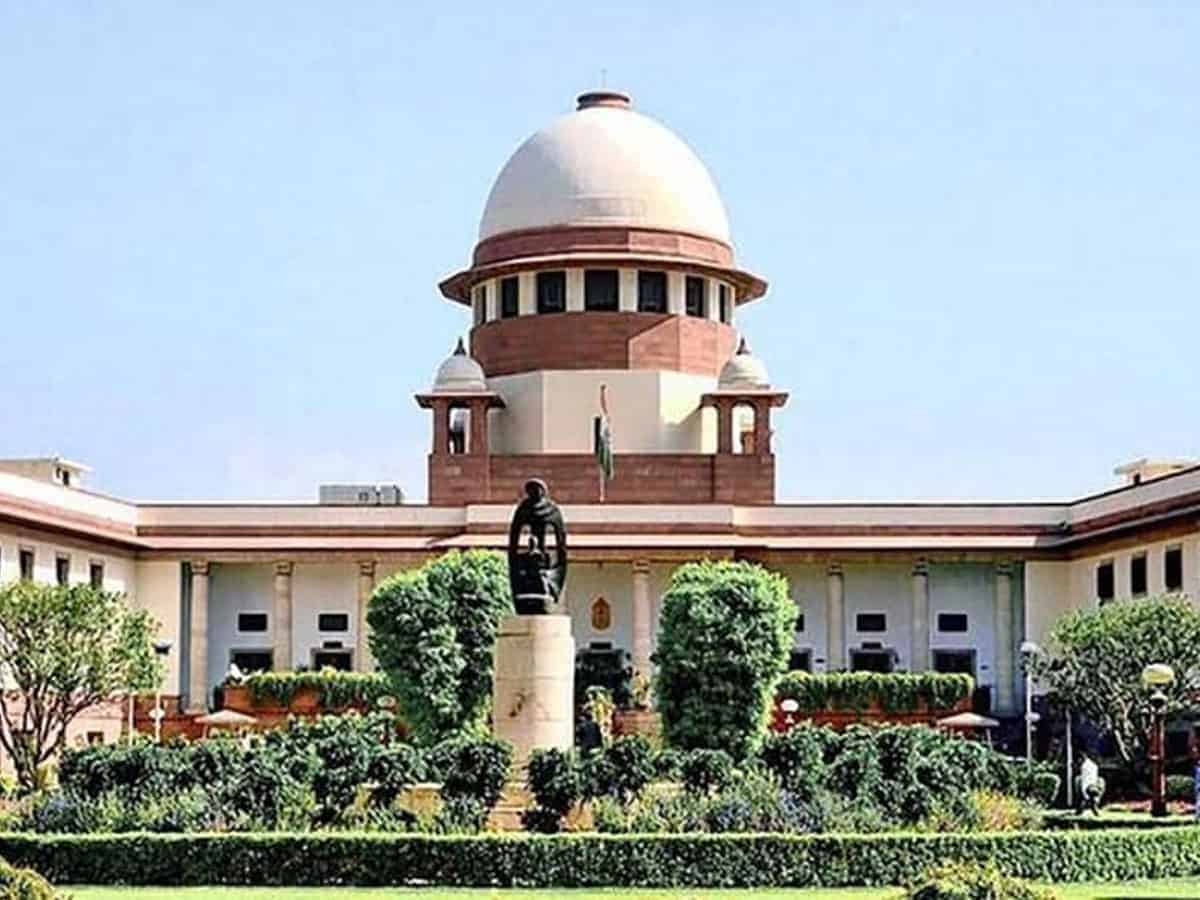
The Supreme Court of India raised concerns regarding the pending 70 collegium recommendations that have awaited the President’s approval since November 11, 2022.
A bench, led by Justice Sanjay Kishan Kaul and Justice Sudhanshu Dhulia, on Tuesday (September 26), took up the matter with with the Attorney General of India R Venkataramanim, who is representing the Central Government as the SC seeks answers to Centre’s delayed response to the recommendations.
The bench was hearing a petition filed by the Advocate Association of Bengaluru that sought contempt action against the Union Ministry of Law and Justice for ‘sitting on the recommendations’ and not adhering to the timeline set by the court.
On April 20, 2021, the Supreme Court set a timeline of four months for the Union Government to respond to the recommendation. “We may only say that in normal circumstances, the total time period before names are forwarded to the Supreme Court Collegium should not exceed four months after the recommendations are made by the Collegium of the High Court,” said the bench comprising then Chief Justice of India S A Bobde, Justices S K Kaul and Surya Kant.
Justice Kaul, while urging the Attorney General to speed up the process said, “Number of names reiterated is 7. Nine names have been proposed for the first time, including 1 chief justice promotion, 26 transfers.”
Prashant Bhushan, who is appearing for an NGO, Common Cause, which filed a writ petition in the court regarding the matter, informed the bench that many advocates have withdrawn their applications for judgeship due to the delay.
Agreeing with Bhushan, Justice Kaul pulled up the AG saying, “I thought of saying a lot. But since the Attorney (General) is asking only for seven days, I am holding myself. On the next date, I may not be quiet,” remarked Justice Kaul, who is also a part of the SC Collegium, posting the matter for October 9.
In February, the Supreme Court had warned the Centre against the delay, saying it may result in both administrative and judicial actions which may not be palatable. “Don’t make us take a stand which will be very uncomfortable,” it said.
How does Supreme Court collegium work?
The Supreme Court collegium comprises of senior-most judges of the Apex Court along with the Chief Justice of India. The collegium is responsible for the appointment and transfers of judges in higher courts, including the SC and high courts.
A thorough discussion follows, and factors including the candidate’s seniority, and legal experience are taken into consideration. The collegium sends its recommendation to the President of India for their approval.
On the advice from its council of ministers, who belong to the Union law ministry, the President may approve the recommendation on send back if they are not satisfied.
After receiving the President’s approval, the transfers and appointments take place.
(With inputs from IANS)



